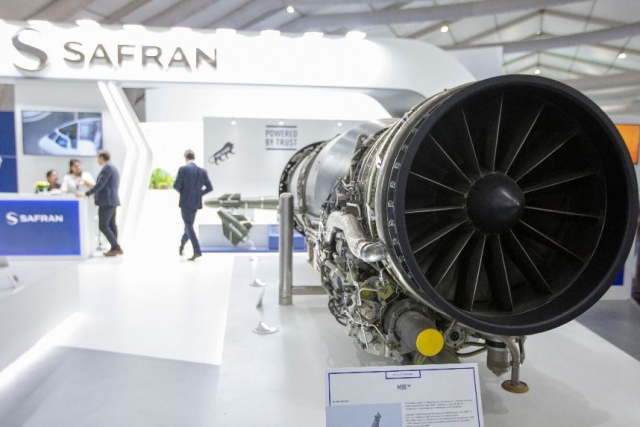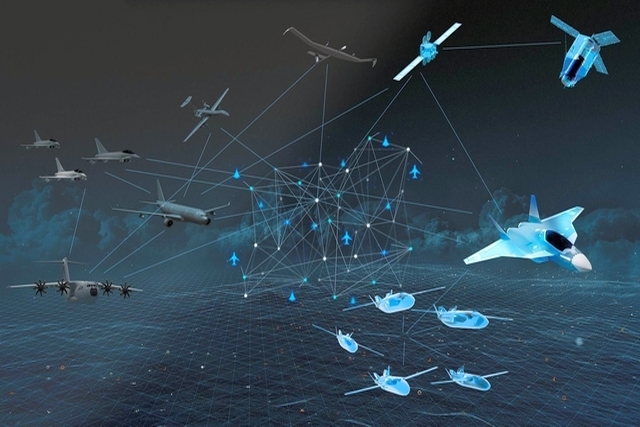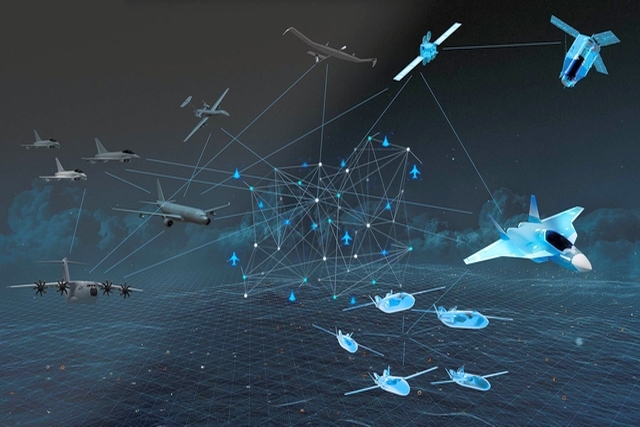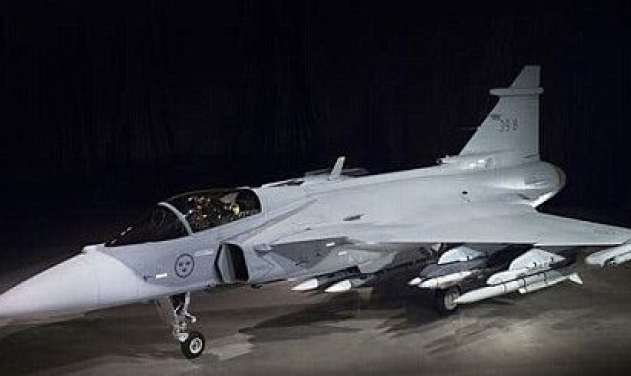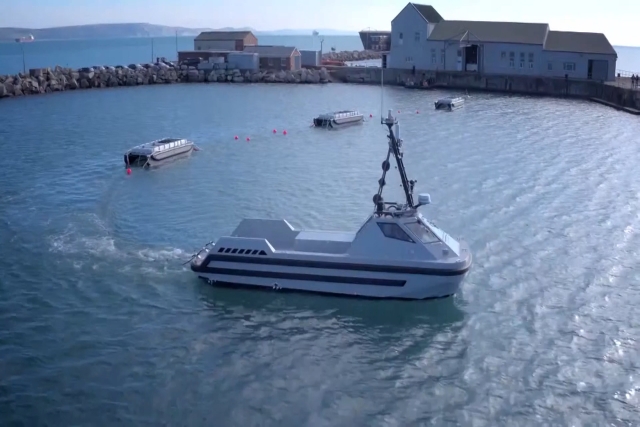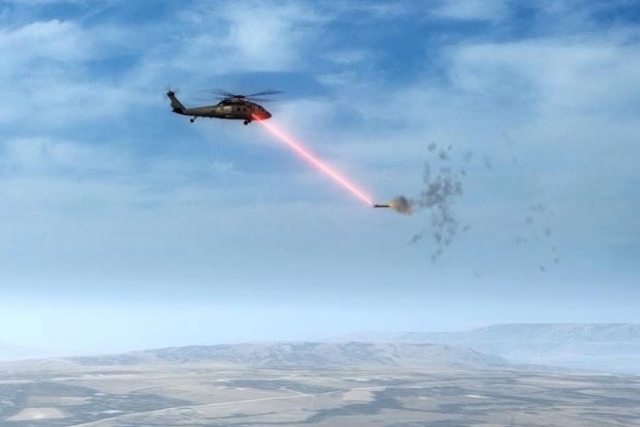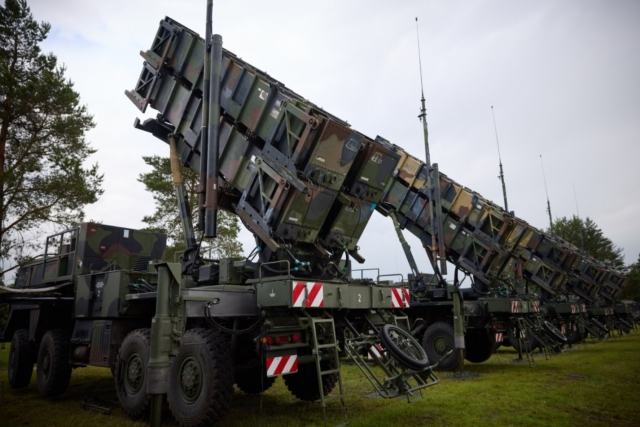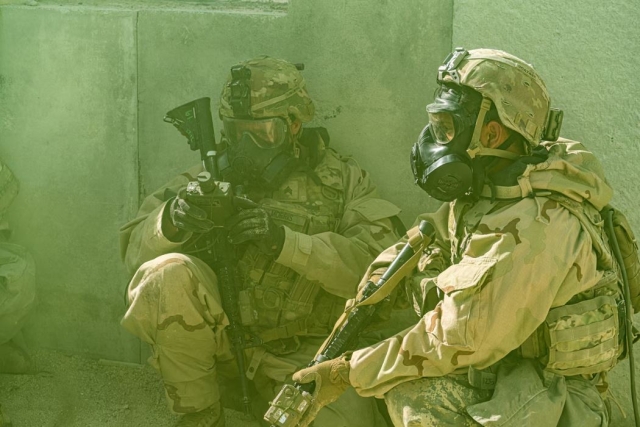German MTU, French Safran & Spanish ITP Aero Agree to Cooperate on European Next-Gen Fighter Engine
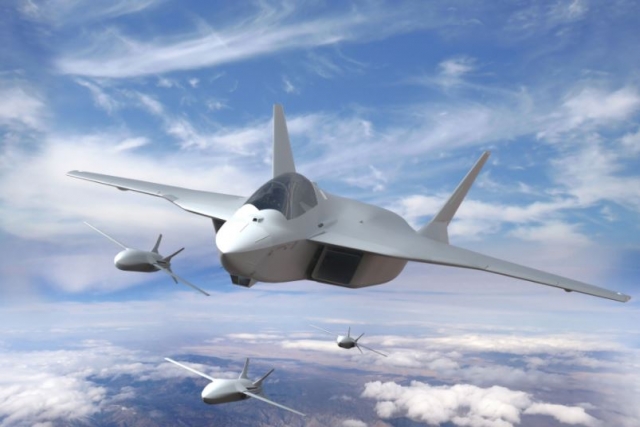
Germany’s MTU Aero Engines, France’s Safran Aircraft Engines, and Spain’s ITP Aero on Thursday agreed to build an engine to power the Next-Generation Fighter (NGF), which is a core element of FCAS (Future Combat Air System).
Until the three companies develop a new engine for the NGF, it will be powered by M88 engines that powers Rafale jets.
ITP joining the program as a main partner of MTU’s and Safran’s new joint venture EUMET will allow an equal workshare between France, Germany and Spain. EUMET will be the sole prime contractor with the nations for all engine activities related to the Next-Generation Fighter, with ITP Aero acting as main partner.
“We have set a reliable and solid framework for pragmatic and focused decisions among the partners over the entire life-cycle of the engine," commented Michael Schreyögg, Chief Program Officer of MTU and first Chairman of the Shareholders’ Meeting of EUMET. He continued. “Having reached this we will jointly focus on the major next steps ahead: Securing the contract for the demonstrator phase during the next few months and ramping up development activities in line with our highly ambitious timeline until 2040.”
“FCAS is a highly strategic program, enabling to maintain our fundamental competencies in military engines, while also strengthening national and European defense capabilities," noted Jean-Paul Alary, Chief Executive Officer of Safran Aircraft Engines. “As leader of the NGF engine design and integration, Safran Aircraft Engines is looking forward to building solid foundations and strengthening the partnership with MTU and ITP Aero teams.”
“Today’s agreement marks a very relevant milestone for ITP Aero and the FCAS program. We believe this program will be instrumental for ITP Aero moving forward, showcasing the role and capabilities of the Spanish defence industry within the future of Europe’s defence. We look forward to working with our partners Safran and MTU Aero," commented Carlos Alzola, CEO ITP Aero.
Within EUMET, Safran Aircraft Engines will lead the engine’s overall design and integration, while MTU Aero Engines will lead the engine service activities. ITP Aero will be fully integrated into the design of the engine and develop the low-pressure turbine and the nozzle amongst other items.
According to the timetable defined by the national authorities, the next Research & Technology phase (R&T 1B/2) should pass the national approval processes by the middle of this year in order to move the FCAS program to the next level.
